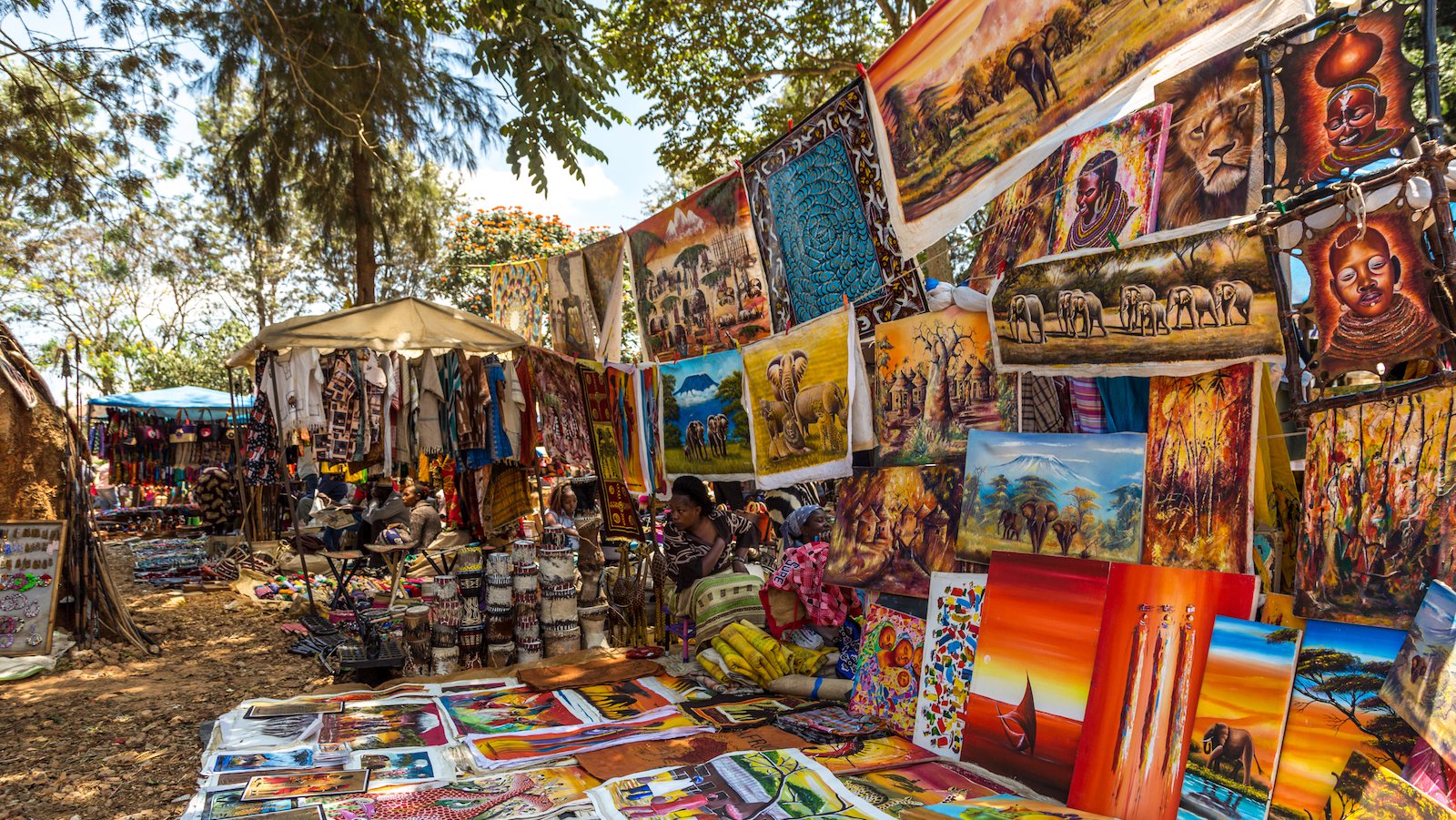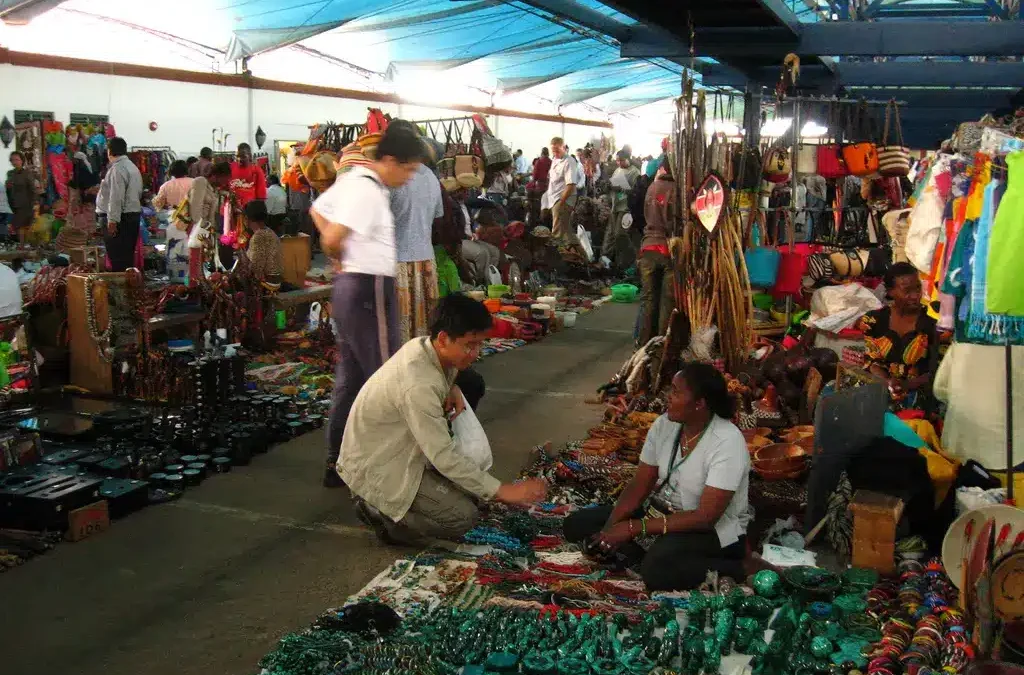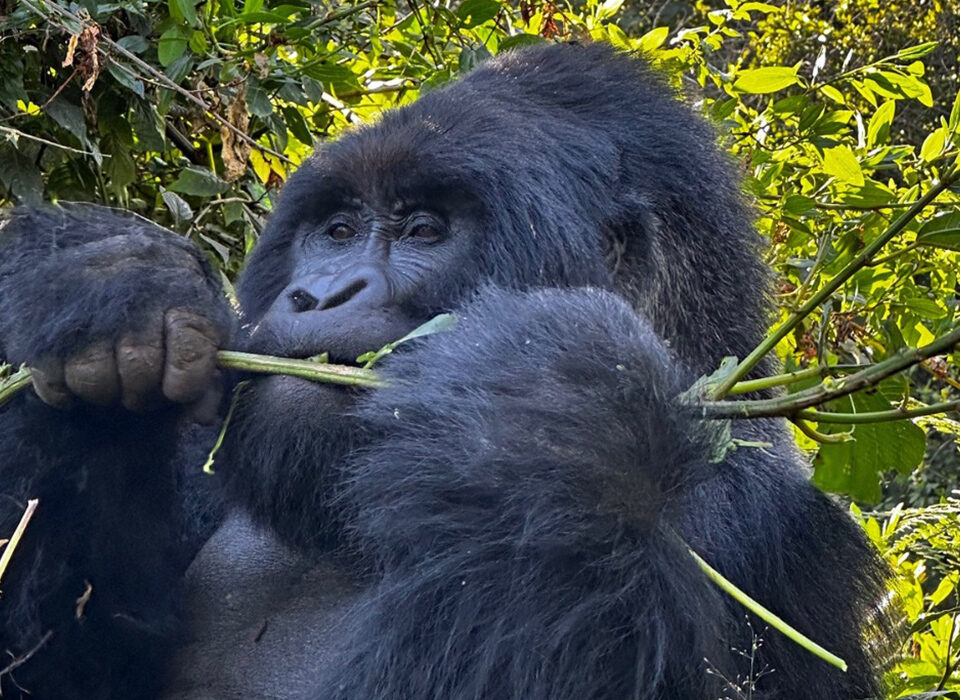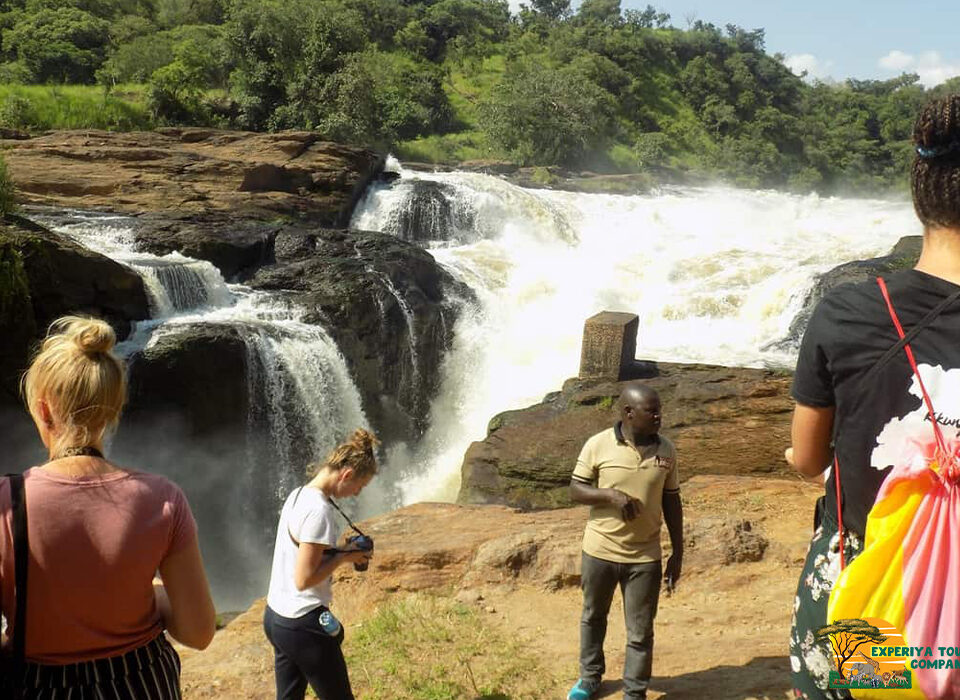
Is Nairobi safe to visit?
November 19, 2025
Can I visit the Karen Blixen Museum?
November 19, 2025What Are the Best Markets in Nairobi?
Nairobi is a city that pulses with creativity, color, and cultural exchange, and nowhere is this more evident than in its vibrant markets. These bustling spaces bring together artisans, traders, farmers, designers, and travelers in a mosaic of sounds, scents, textures, and conversations. Nairobi’s markets are more than shopping venues; they are living cultural theaters where you experience the true rhythm of Kenyan life. Whether you’re searching for handmade crafts, traditional fabrics, fresh produce, antiques, or contemporary African art, the markets of Nairobi offer a rich blend of heritage and innovation.
For travelers seeking authenticity, interaction, and memorable souvenirs, exploring these markets becomes an essential part of understanding Nairobi’s identity. Each market has its own personality, specialties, and stories, making the journey through them not just a shopping adventure but a cultural discovery.
Maasai Market: Nairobi’s Most Iconic Artisanal Experience
Maasai Market is perhaps the most famous open-air craft market in Nairobi and a must-visit for anyone wanting to take home a piece of East African art. Known for its vibrant stalls filled with handmade crafts, beads, jewelry, leatherwork, and Maasai-inspired fabrics, this market is a feast for the eyes and a celebration of Kenyan creativity.
The market moves to different locations throughout the week, popping up at places like the Nairobi High Court parking, Village Market, or the Yaya Centre area depending on the day. Part of the charm lies in this mobility, giving travelers a chance to encounter the market in different city settings.
Bargaining is part of the experience, and visitors often enjoy the friendly negotiations that accompany each purchase. The artisans are warm, knowledgeable, and proud of their craft. You can find carved animal figures, batik fabrics, sisal baskets, hand-painted canvases, and unique jewelry pieces that carry the spirit of Kenyan design. For many travelers, Maasai Market is where memories of Nairobi are sealed with colorful and meaningful items.
City Market: A Blend of Culture and Convenience
Located near the central business district, City Market is one of Nairobi’s oldest indoor markets and a blend of craft, produce, and floral kiosks. It is particularly well-known for souvenirs such as carved wooden animals, paintings, Maasai shields, and decorative household items.
Unlike the more energetic outdoor markets, City Market offers a calmer, organized shopping environment, making it ideal for travelers who prefer structure over chaos. Vendors often specialize in long-standing family crafts, and many have deep knowledge of Kenyan art traditions.
Beyond crafts, City Market is also a good place to buy flowers, Kenyan tea, coffee, spices, and small gifts. Though prices here may be slightly higher than in more local markets, the convenience and variety pull many visitors in.
Village Market: The Upscale Market Experience
Village Market in Gigiri is not a traditional market but rather an upscale shopping destination that combines artisan products, boutique studios, and contemporary Kenyan fashion in an elegant environment.
On Fridays, the complex hosts a craft market that features high-quality handmade goods from select artisans around East Africa. Here you will find well-curated pieces such as organic skincare products, luxury leather bags, handwoven textiles, and unique jewelry.
This is the ideal market for travelers looking for premium or designer-level craftsmanship with a more relaxed shopping atmosphere. The setting is modern, secure, and comfortable, making it especially popular among expatriates, diplomats, and families visiting the United Nations district.
Kariokor Market: Where Authenticity Meets Affordability
Kariokor Market is the heartbeat of local creativity and one of the best places to find authentic Kenyan beadwork. It is particularly famous for the women’s cooperatives that produce bead-decorated sandals, jewelry, belts, and dog collars that are exported around the world.
The market is less polished than Village Market or City Market, but it is rich in authenticity and community energy. Travelers who venture here discover a world of raw craftsmanship where artisans sit by their workstations, creating intricate bead patterns by hand.
Kariokor is also budget-friendly, offering some of the most competitive prices in Nairobi. For visitors who want to support local communities directly, this market is a meaningful stop.
Gikomba Market: Nairobi’s Largest and Most Energetic Marketplace
Gikomba is the biggest open-air market in Nairobi and one of the largest second-hand clothing hubs in East Africa. It is especially known for mitumba, the Swahili word for thrifted clothing, shoes, and accessories imported from around the world.
The energy here is unmatched. Traders call out prices, bales are opened with excitement, and shoppers hunt for quality items at incredibly affordable rates. Gikomba offers everything from stylish jackets and dresses to sneakers, handbags, and baby clothes.
It is a place for adventurous travelers who don’t mind the hustle and bustle. Visiting with a local guide is recommended, as the market is vast and lively, but it rewards those who dive into its spirited atmosphere with unbeatable bargains and authentic local interactions.
Toi Market: Everyday Nairobi Life at Its Best
Located in the Adams Arcade area, Toi Market is one of the most beloved community markets in Nairobi. It is known for second-hand clothes, household goods, fresh produce, and small everyday items that reflect the rhythm of Nairobi life.
Toi is a favorite among locals because of its affordability and variety. Visitors who come here get a more grounded look at Nairobi’s social fabric, witnessing how Kenyans shop, socialize, and negotiate. The market is large but navigable and offers a wide range of items including children’s toys, décor items, and colorful fabrics.
Toi Market is ideal for travelers who want an authentic cultural experience beyond the tourist-focused zones.
Ngara Market: A Hidden Gem for Fabrics and Textiles
Ngara Market is one of Nairobi’s best-kept secrets for fabric lovers. Tailors, designers, and artisans come here to source materials for clothing, décor, and traditional outfits.
You will find kitenge fabrics in bold patterns, African print textiles, laces, chiffon, and high-quality materials imported from different African regions. Many travelers enjoy choosing fabrics here and then getting custom outfits made by talented tailors found within the market.
Ngara is also great for decorative items, small accessories, and home décor essentials at pocket-friendly prices.
The Role of Markets in Nairobi’s Cultural Landscape
Markets are the heartbeats of Nairobi’s social and economic identity. They reflect the city’s diversity, creativity, and resilience. For travelers, they offer more than just shopping opportunities—they offer human connection.
You meet artisans who have perfected their craft over decades, families who rely on market trade for livelihood, youth designers who are reshaping African fashion, and vendors eager to share stories behind every item they create.
Exploring Nairobi’s markets also gives insight into the city’s evolution—from traditional handcrafts to modern design studios, from vibrant food bazaars to curated lifestyle markets. Each space contributes to Nairobi’s charm and invites visitors to experience its beauty through the lens of everyday life.
What Are the Best Markets in Nairobi?
The best markets in Nairobi depend on what you’re looking for, but each offers a unique window into Kenyan culture. Maasai Market shines for artisanal crafts, Kariokor for beadwork, Gikomba for thrilling bargain hunts, Village Market for premium crafts, and Ngara for fabrics. City Market and Toi Market add even more diversity to the options, making Nairobi one of East Africa’s most vibrant shopping destinations.
Visiting these markets is a journey through creativity, culture, and community, giving travelers a rich understanding of the city’s soul.
For a smooth, well-guided experience exploring Nairobi’s best markets and cultural hotspots, consider booking your travels with Experiya Tour Company. Their expert team ensures you navigate each market comfortably, safely, and with valuable local insight, allowing you to enjoy Nairobi’s treasures with confidence.




